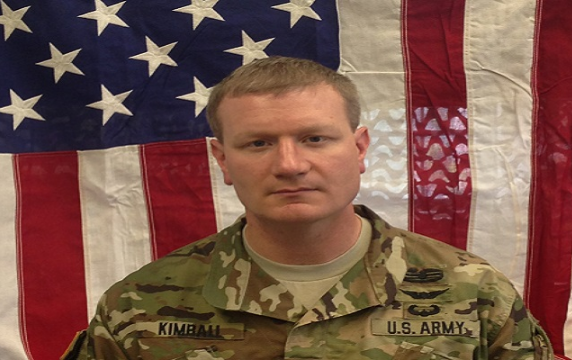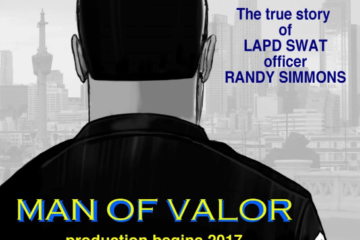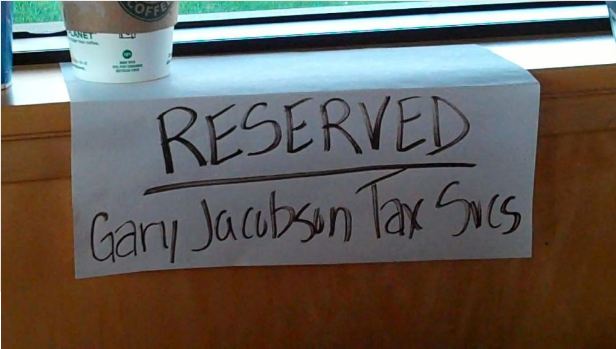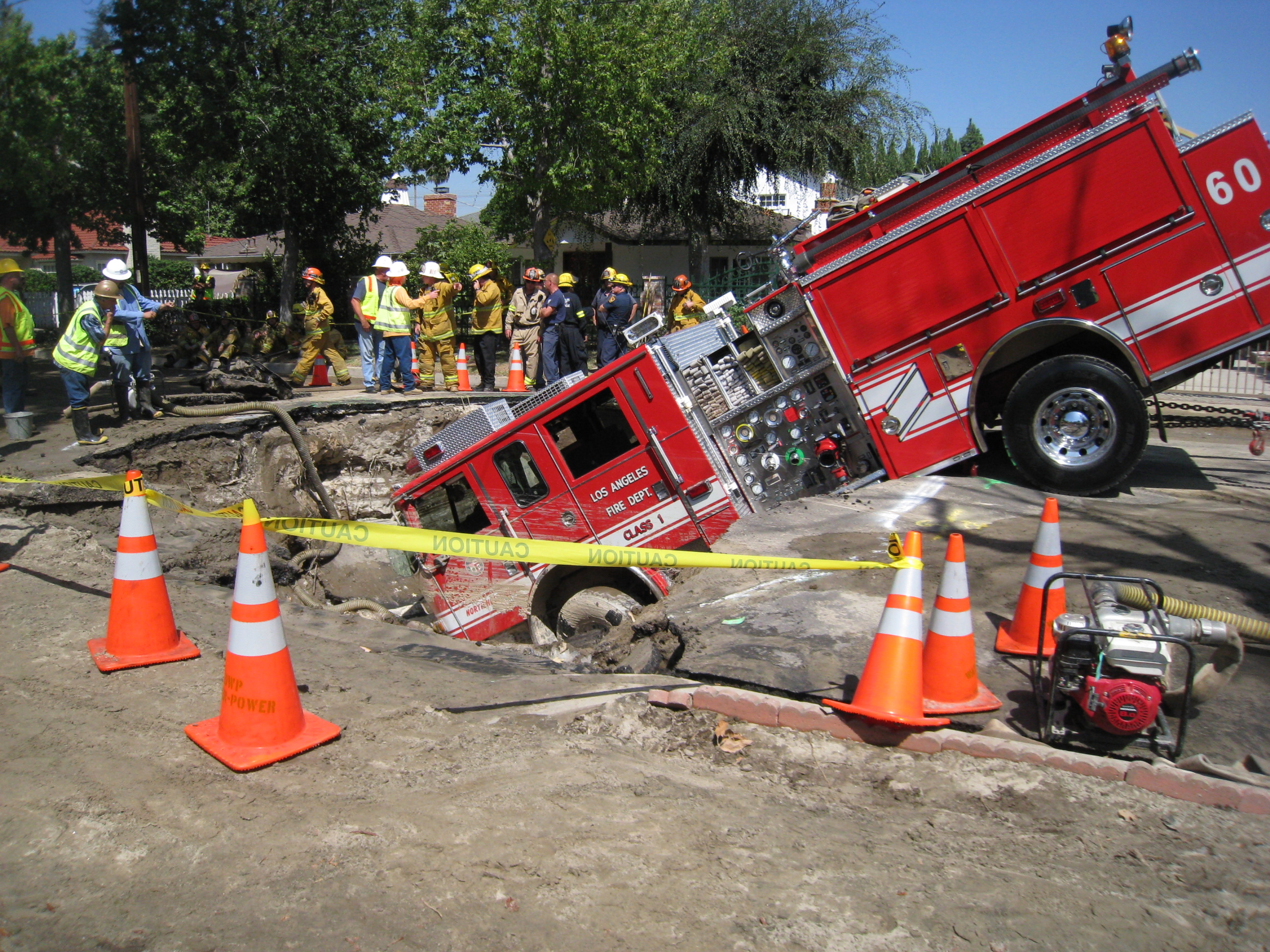Soldiers who return from war and don’t seek help for Post Traumatic Stress Disorder often hush recurring horrors with drugs, alcohol, or suicide. Patricia Nazario checks out one solution at Loma Linda V-A Hospital in the Inland Empire. There, Vietnam Veterans freely discuss coping mechanisms for anger, which can rage in a split second.
About a dozen old-timers in blue jeans and cotton shirts sit around a long table. It’s a classroom setting.
“Everybody’s got their book with them?”
Dr. Lois Krawczyk is at the white dry erase board at the front of the room. The subject is ‘thought patterns’ that were hardwired in combat, but that are distorted or dysfunctional in everyday life.
“I had an altercation with somebody…”
Former Marine Infantryman Bob Lacy offers up a recent experience as an example.
“I went home and got my pistol. It was like being in a mental black out. By the time I got back over there, they were still parked. I jumped out of my car with the gun waving and, I mean, they took off. And I ended up chasing him down.”
Lacy says it was a high-speed chase. Dr. Krawczyk uses the board to create an outline of what went down: The situation, Bob Lacy’s emotions and then shes asks, “What do you guys think Bob might have been thinking? What was going thru his head as this guy starts…”
“…something’s wrong with him,” continues the class. “Something’s wrong with this guy.”
All of the guys in this room have Post Traumatic Stress Disorder, or P-T-S-D. They saw something terrible or went through a life-threatening event in Vietnam 30 or 40-years ago.
“As we came up to it, we could hear women and children crying inside.”
In a smaller group after class, Marine Corp Machine Gunner Greg Daniels says he’s never been able to forget the time his company saw a small family hiding inside a tiny bunker.
“We had guys small enough to get them out, but the captain told this rifleman to just throw a grenade in and kill them. I was standing right next to bunker. I couldn’t believe it! And what I couldn’t really believe is the kid did it without questioning and we just killed them right there on the spot.”
“A big issue that a lot of them deal with is feeling misunderstood,’ says Dr. Krawczyk. “That’s why group sessions work so well for veterans. Nobody could understand what they’ve been through and the difficulty they’re having in dealing with it. But their peers do understand.”
“I had regressed into depression and long bouts of isolation,” says Retired Air Force Pilot Alfred Rivers, “…and quite angry outbursts at some of my closest friends. I alienated myself from relatives and others.” He says it took him 30-years to admit to himself that he might have a mental illness. “One reason,” Rivers says, “is because I thought I was a pretty tough guy.”
Tough guys don’t talk about their problems, especially in active duty. Rivers didn’t want to be criticized.
“I suppose you’d make some comment like, ‘I don’t want to put my faith in you, if you gonna have to put your faith in a psychologist,'” says Rivers. “But, the other part of it is you probably wouldn’t be allowed to fly…”
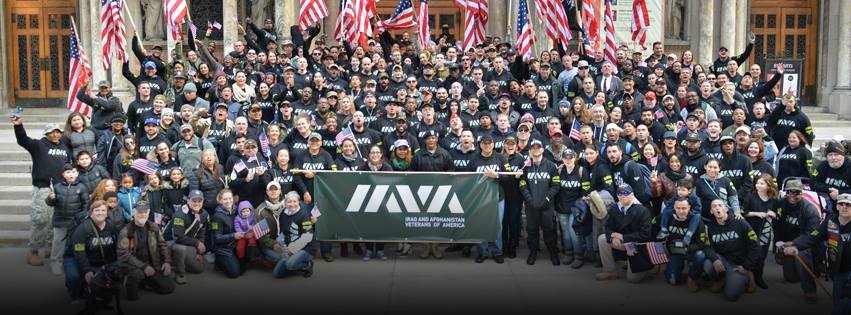
Iraq and Afghanistan Veterans of America (IAVA) is the largest and oldest non-profit organization focused on connecting, uniting, and empowering young veterans. (Photo Credit IAVA)
The ‘Iraq and Afghanistan Veterans of America‘ is trying to change that. The non-profit advocates for troops in matters of national policy. Changing the military’s attitude toward returning troops who seek help for PTSD tops its legislative agenda.
Founding member Ray Kimball says for him, it’s personal.
“I saw a police car on the side of the road. It was a speed trap and I saw his radar gun out. Before I knew it, I was turning my wheel and I was getting reading to accelerate and ram him, because for a split second there I thought that I was back in combat. That’s when I realized I needed to get help.”
The movement is gaining traction in Southern California. The nonprofit Mental Health Center, Didi Hirsch recently dedicated its annual awards ceremony to “Mental Health in the Military.”
Board Chairman Andrew Rubin talked about how the fear of being stigmatized prevents people from getting help.
“Those attitudes are especially powerful in the military, sometimes at great costs. One out of every 3 homeless men is a veteran.”
Veterans from past wars and mental health advocates say things should be different for troops coming home from Iraq and Afghanistan. Leadership could help bridge the gap. They say senior military officers from the front lines should get help and openly encourage their soldiers to the same.
